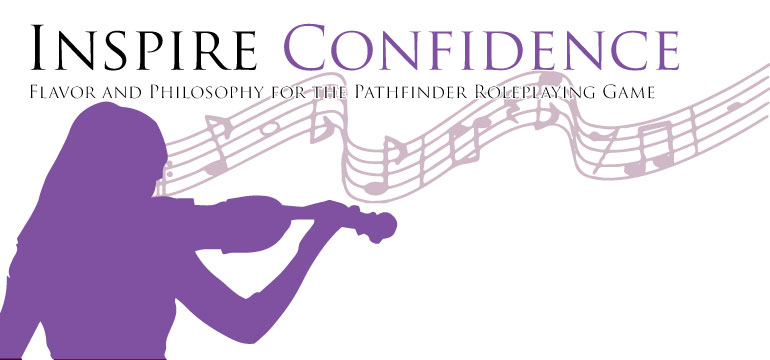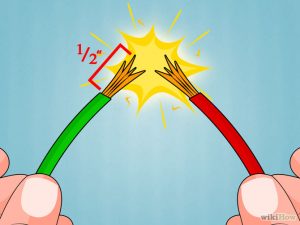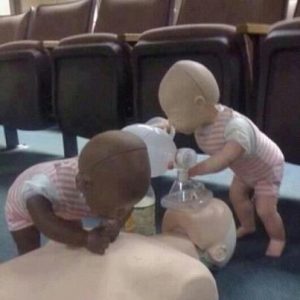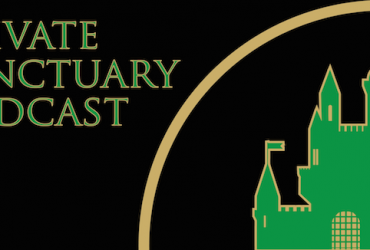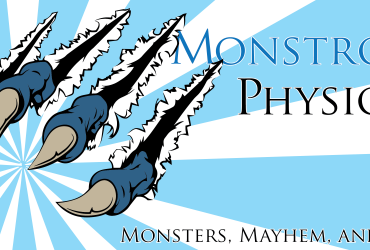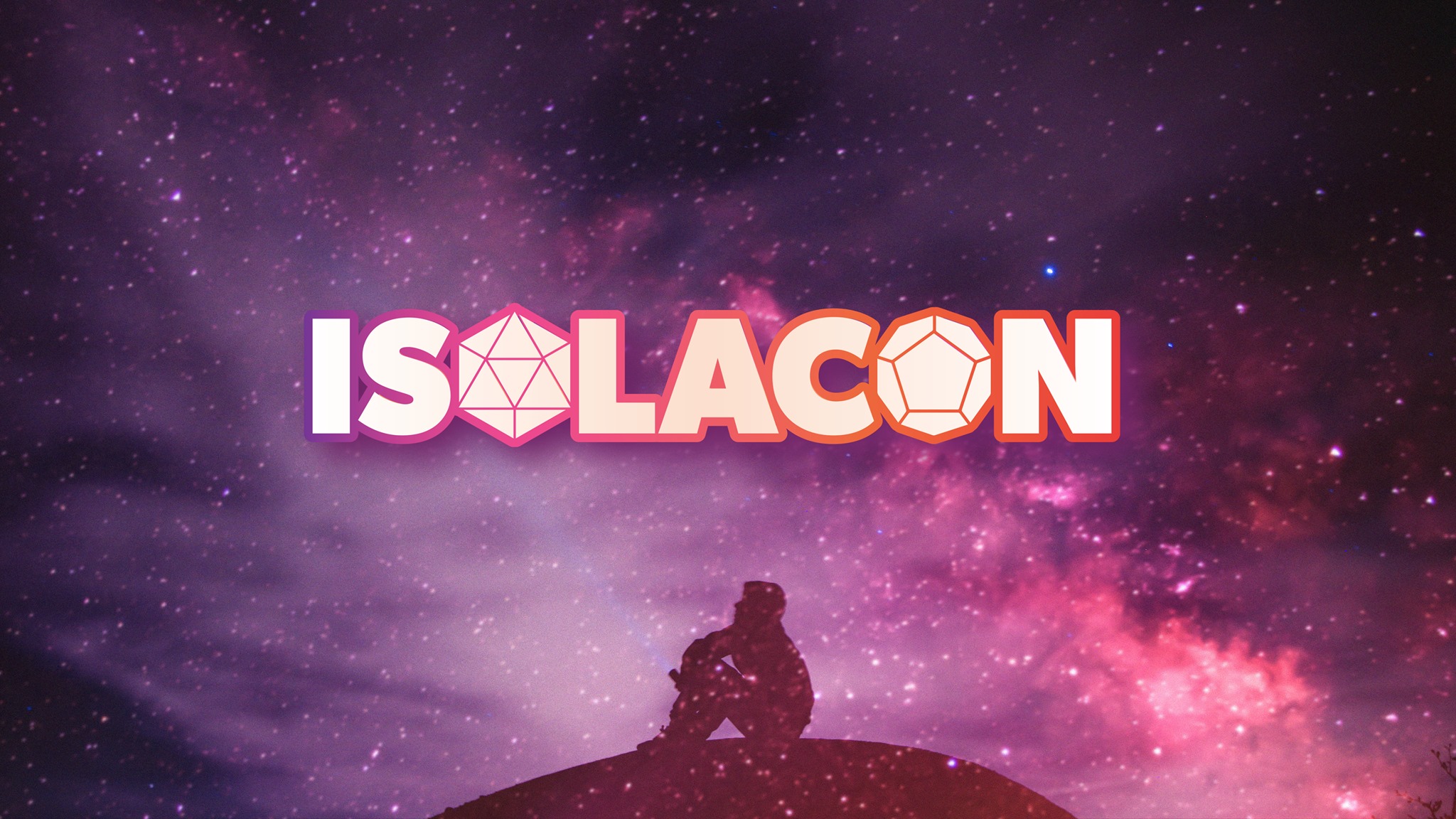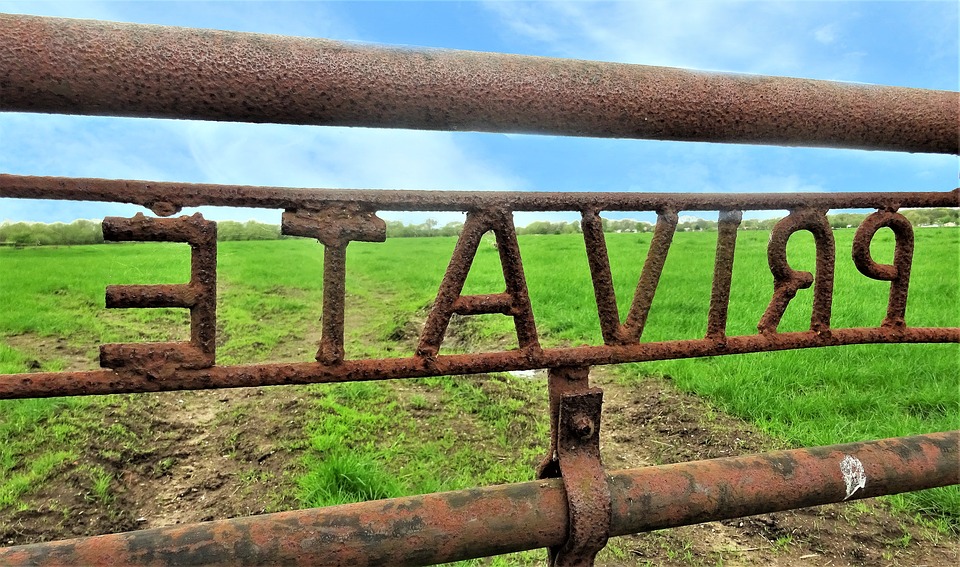Role playing can help us leave our mundane lives behind, but then there was that one time, at the Royal Bardic Band Camp…
How do we incorporate our worldly experiences into our gaming experience? Should we incorporate our worldly experiences into our gaming experience? Our world does not have the same world physics as a world where dragons can fly and breathe acid or fire. While it is safe to assume that classical mechanics still work the same way, this argument can lead you down the path that leads to everyone having to track where orcs pee.
We were watching television the other day and someone had to hotwire a vehicle. The character popped the hood rather than fiddling around with the steering column – which is how it is usually depicted. Now, a quick search on the internet shows that there’s more than one way to hotwire a car, but they all involve more than one step and cars that predate the 1990’s. Certain skills are taught, learned, or figured out (please do not try to figure out how to spark a car battery on your own, that is also how you can stop a beating heart), but it is a rare skill that can only be done one way successfully.
Bringing real world skills to a game can give a deeper immersion or it can add more friction to a set of game mechanics. It can be fun to use your extended knowledge to round out rules or bring deeper descriptions to encounters. It felt like a risk putting my above average knowledge of spelunking and geology to work for a PFS scenario, but being thanked by strangers for having done so was surprising and rewarding. Our goal is to bring an experience to the table for entertainment purposes. Sometimes that means bringing a level of realism that helps everyone dig into a location and experience, other times that means suspension of disbelief.
I have mentioned before that I am a registered nurse and have been in a scientific field for most of my adult life, it gives me a different perspective on things like watching television or reading books about all things medical or generally scientific. For example, there are good reasons you do not perform CPR on a living person as it could seriously injure them. We only perform CPR on people who have nothing left to lose. Performing CPR on a person has a high chance of breaking ribs or causing other internal injuries and almost zero chance of actually reviving an adult without detectable life signs (no pulse or respirations). CPR keeps oxygen circulating in the body until a defibrillator can be charged or drugs can be administered and reduce damage to the brain due to lack of oxygen. This knowledge means every time I see a person in a show perform CPR on another person and that person is revived nearly immediately, they stand up, brush off and get back to the script, I cringe. It drives me to such distraction, that I stopped watching medical dramas because I simply cannot remain engaged in the story. I have performed CPR on people, I have been in Code Blues, and it does not look much like it does on television. But, that’s kind of crappy story telling. A person performs a heroic deed by risking their life and they should live to tell the tale, that’s awesome and something that keeps your players coming back for more. If your PC risks their life, dies, and cannot be healed magically or otherwise, your player has to make a new character which can be a real bummer. So, we have an actual game mechanic that allows us to buy our PCs back to life with no real world analog.
There are other things that happen in shows and games that require the suspension of disbelief for all sorts of professionals. Perhaps you’re in SCA or have some other form of fighting knowledge, game mechanics can only mimic real life fighting techniques before they break into game world physics. Some things are just not easily described in game rules, despite game designers and house rules best efforts. The most obvious suspension of disbelief comes with the presence of magic mythical creatures. Trying to find a way to include “real world” things in game can be awesome or they can backfire and pull your players out of the immersive experience you worked hard to establish.
For me personally, I lean heavily on the knowledge that things happen in game for fun, but that in the real world, we do things the “right” way. So, just remember, CPR can save a life and it is well worth taking a First Aid & CPR class, in case you ever find yourself in that type of situation, but expecting CPR to work like it does in the movies is not realistic.

